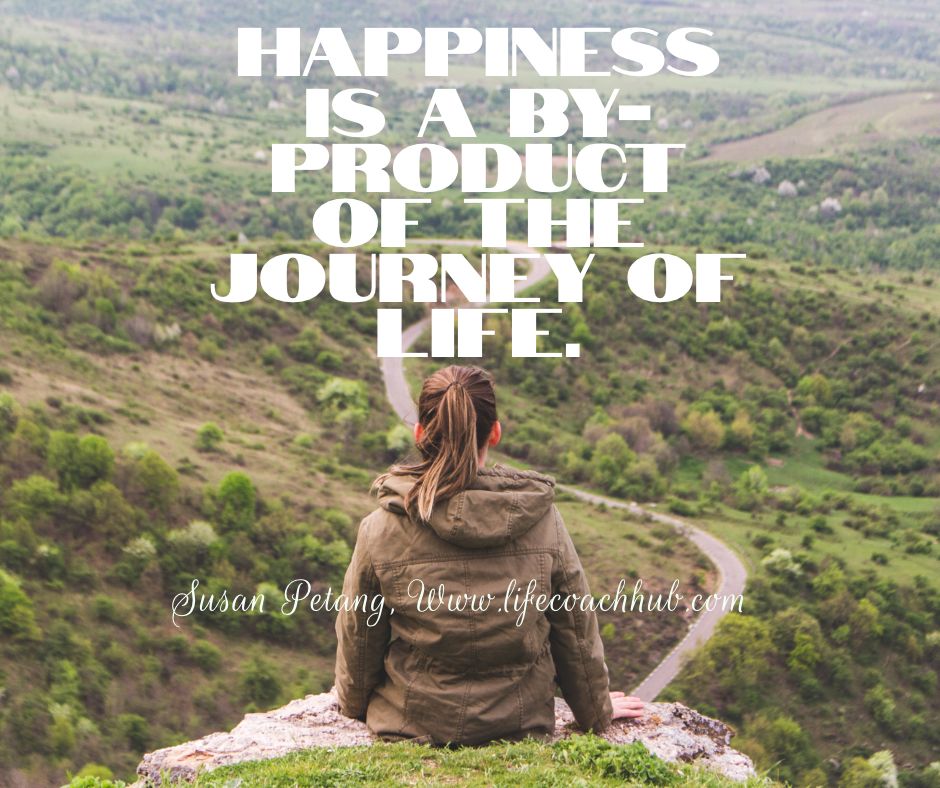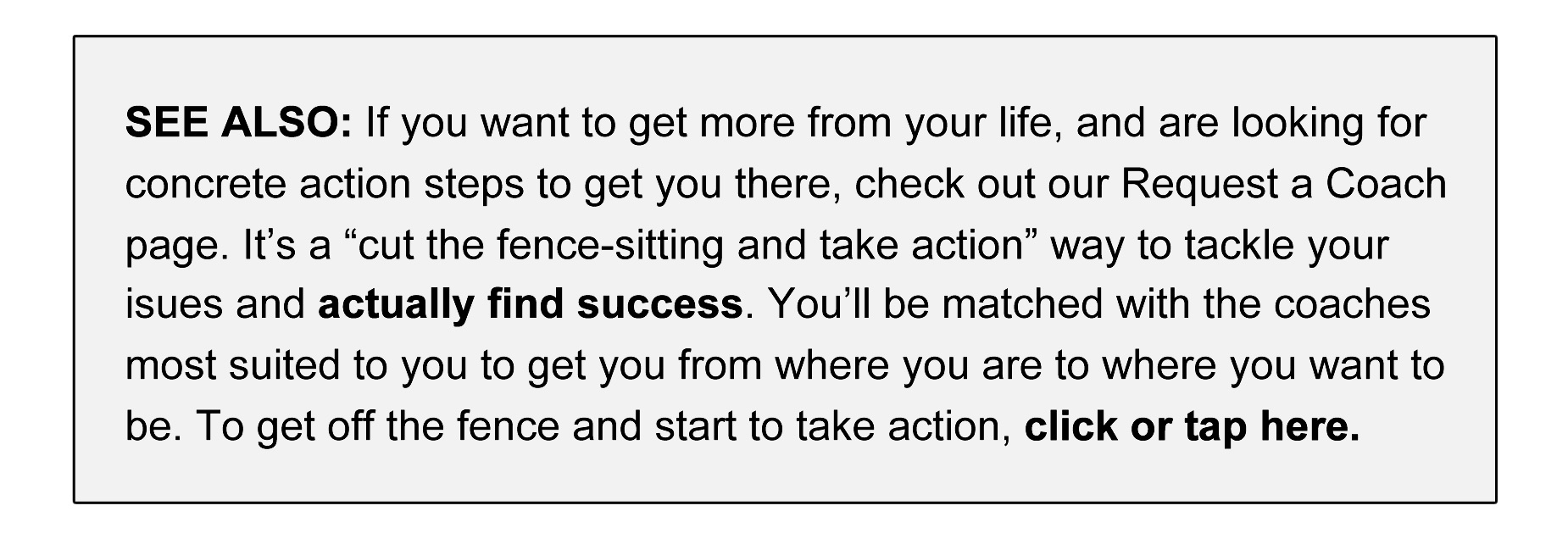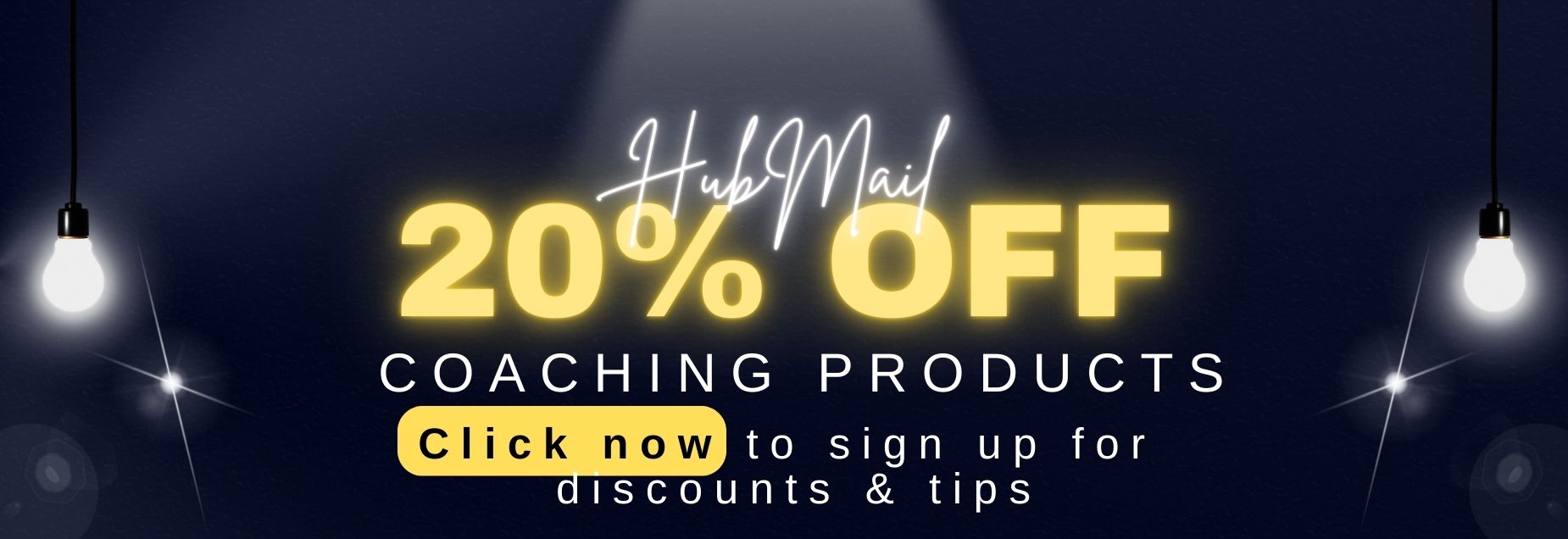
What is happiness?
Happiness. It’s something we’re all looking for, something we all seek. But it’s elusive. How many times have you said to yourself, “I’ll be happy when I get a new job,” or, “I’ll finally be happy when I get married,” or, “I’ll be happy when I have a baby”?
Here’s a radical thought: Happiness isn’t something you can find. Happiness isn’t something that can be attained. Happiness can’t be created through an outside event. We can’t suddenly “decide” to be happy.
Happiness is a by-product of the journey of life.
How can I be happy?
I’ll bet you’re thinking, “So what does mindfulness have to do with being happy? And if I can’t create happiness, how do I get it?” Mindfulness removes preconceptions behind the process of life. By noticing and observing with only positive judgement, we change our perspective on how we view the world as a whole and life in general.
Be committed to changing your outlook and attitude. Practice being mindful every day to experience happiness. Here’s how you can do it - starting right now.
Develop Your Daily Mindfulness Practice
OK, so what does that entail? Being mindful simply means being aware and observant. Notice your environment as though you’ve never been there before. Feel the way your body is touching the chair or the way your feet feel on the floor. Observe the way your clothes feel on your body. Check out the beauty of nature when you see it: flowers, trees, clouds, animals, and feel the sunshine or the breeze on your skin.
You can also shake up your daily routine and observe the differences. Put your left leg in your pants first, or take a different route to work. Focus on every task you do and make note of the wonders of soap bubbles in the dishwater, the smoothness of the pen you’re holding, and the softness of your pet’s fur. Describe your activities to yourself as you’re doing them, as though you were teaching someone else how to do it.
Create a Positive Attitude and Be Grateful
There is always something in which we can find gratitude, no matter what the situation. We can always be grateful that we are able to survive it, no matter what “it” is.
The secret is to find something amazing and wondrous, or something to be grateful for, in each individual moment. Be amazed by the technology that’s in your car. Find wonder in the sounds you hear around you, and gratitude that you can hear it. Think about everything that went into making your computer. Avoid assigning negative judgement to what you’re observing. For example, when looking at your cell phone, avoid thinking about how damaging being constantly connected can be. Think instead about what a convenience it is, how grateful you are for it, or how amazing the technology is that went into it.
Start a Gratitude Journal. Write down a few things - no matter how small - for which you were grateful.
By being grateful and staying positive, we create changes in our brain chemistry. Our neurons become bathed in serotonin, norepinephrine, and dopamine - the chemicals that provide us with a sense of well-being.
Start Meditating Regularly
Meditation is being used to treat many disorders: PTSD, ADD/ADHD, anxiety, and depression, to name just a few. It’s also a great way to train your brain to remain mindful during the day. As we meditate, we’re creating new neural pathways in the brain. The more we practice, the more those positive pathways become the go-to, default pathways our brains will use. They’ll become familiar.
Meditation is high-octane mindfulness. We’re essentially putting our busy-ness into neutral, and giving our minds a rest. That doesn’t mean we have to sit in a lotus position chanting “om” for hours on end. Spending just 10 minutes a day meditating is all you need. Sometimes I sit and meditate in my car before meeting a client. Some days I shut the bathroom door and meditate in there for a few minutes.
Mini-meditations are great for stressful times. Notice the first thing at hand, and take 30 seconds to carefully observe it, even if it’s only a pattern on the wall. Observe colors, textures, or sounds.
Manage Your Expectations and Accept Reality
What do we do when the moment stinks? We’ve all heard the phrase, “It is what it is,” but how can we apply it? The first step is to ask yourself what constructive, positive action can be taken to change the situation. Let’s say you’re on the way to work and get stuck in traffic. What are your choices? Instead of sitting in the car and fuming, is there another route you can take to work? Can you call the office and let them know you’re stuck and will be late? Be solution oriented.
The second step is to ask yourself, “How important is this, really?” If you’re 10 minutes late to work, will it matter in a week? 6 months? 3 years? If it is important, go back to Step 1: What can be done about it?
If you’re still having difficulty, a third step is to ask yourself:
- Why is this so upsetting to me?
- Are you afraid you’ll be viewed as a bad employee if you’re late?
- Are you worried that a client will be waiting for you and get annoyed?
- Is there so much to do that you’re concerned you’ll run out of time?
Challenge each of these thoughts with logic. Then bring yourself back to the moment and observe what’s happening right now, while taking deep breaths. The Rolling Stones said it well - “You can’t always get what you want - but you get what you need.”
Change your perspective on other people’s behavior
Maybe the guy who cut you off in traffic didn’t see you. Your screaming boss might have had a fight with his wife. The surly store clerk might be depressed.
We can’t always understand someone else’s motivations, but it helps to find a little compassion and empathy for others. We can’t control anyone else’s behavior, but we can change our reactions to it.
Monitor Your Self Talk
Part of a mindfulness practice is being aware of our thoughts and feelings. How are you speaking to yourself? Would you speak that way to a friend, family member, or coworker? Be forgiving and gentle with yourself. Much of the negative behavior in the world stems from self-esteem issues. Every day, write down something wonderful about YOU in your Gratitude Journal.
When you practice keeping a positive attitude, being grateful, and staying mindful, suddenly something happens. Prejudices drop away. Life seems to go smoother. Little everyday miracles start to happen. You’ll notice that you feel… Happy.





























COMMENTS